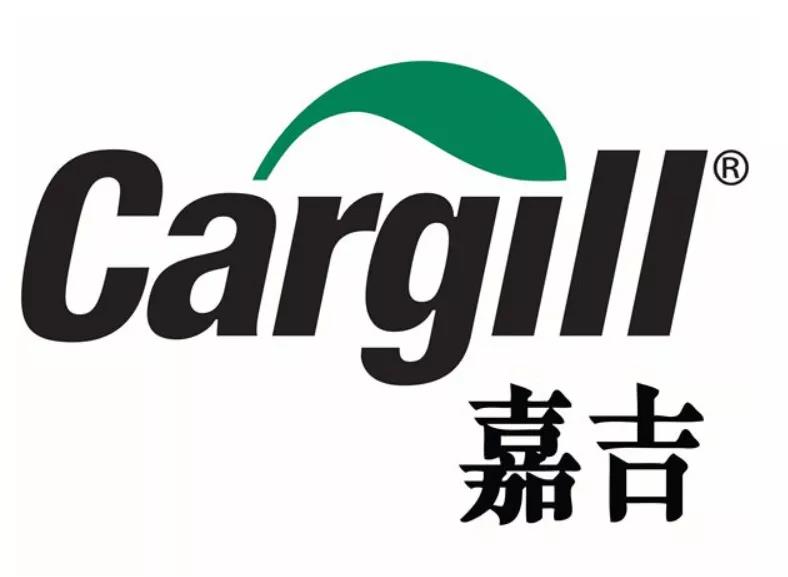Recently Cargill, a giant American company, officially launched the first product in its full range of plastic/polyol production processes - Biovero bio-based plasticizer.
The plasticizer can be used in a variety of product manufacturing applications such as flooring, apparel, wire, cable and plastic film and sheet, and can serve industrial customers in North America, and Cargill plans to expand the product globally.

"Due to potential health concerns, government and consumer desire to reduce the use of phthalates, and the expanding overall demand for PVC products used in global infrastructure, we expect a significant increase in the manufacture of plant-based products in several categories," said Kurtis Miller, general manager of Cargill's Bioindustries business.
"Bioovero plasticizers are one of our contributions to a more sustainable supply chain in commercial manufacturing, providing new applications for our renewable raw materials while offering more environmentally conscious products to the market."
The first application for Biovero plasticizers will be in the production of home and commercial flooring. Flooring manufacturers are seeing the high performance of plant-based products while meeting regulatory requirements and consumer demand for phthalate-free products.
The plant-based qualities of Biovero plasticizers allow manufacturers to produce products more efficiently than traditional plasticizers while reducing energy, waste and material use. The plasticizer joins Cargill Bioindustrial's diverse portfolio of plant-based solutions, including asphalt regeneration, adhesives and binders, waxes, dielectric fluids, lubricants and paints, coatings and inks.

1. Acquisition of Arkema's epoxidized vegetable oil business
The announcement comes after Cargill said on Sept. 27 that it would acquire Arkema's epoxidized vegetable oil business, saying the acquisition would make it an integrated producer of bio-based plasticizers and polyols. on Sept. 28, Arkema announced its intention to divest its epoxide business to Cargill, a leader in agricultural products and services.
Publicly available information indicates that these specialty oils or epoxides are key components of Cargill's existing portfolio of bio-based plasticizers and polyols. With this acquisition, Cargill will have full control of their manufacturing process to convert their commodity soybean oil into epoxides and ultimately create bio-based plasticizers and polyols for a variety of products that support everyday conveniences, such as as as shower curtain liners, tiles, carpets and furniture.
The acquisition builds on other recent initiatives by Cargill to expand its presence in the bioindustry, including the recent partnership with Helm of Germany to build bio-based BDO, the acquisition of International Floratechnologies, a supplier of specialty beauty ingredients, and the development of a 60,000 tonne/year PLA project in Thailand with its joint venture partner, PTT Global Chemical. -PTT Global Chemical, to develop a 65,000 ton/year PLA project in Thailand.
2. Partnered with Helm to develop the first bio-based BDO project in the U.S.
Cargill and HELM have announced the formation of Qore, a joint venture to produce QIRA ™, a bio-based BDO. Together, the two companies will invest $300 million to build the first very commercial-scale renewable BDO plant in the United States.
Qore has now licensed Genomatica's BDO process technology and is leveraging Cargill's global feedstock supply and fermentation manufacturing expertise for the initial production and distribution of its first biointermediate, QIRA ™. The plant will be completed and operational in 2024 and is expected to produce at least 65,000 tons per year.
3. Cargill PLA Project
Cargill is currently the parent company of NatureWorks, the world's largest PLA producer, with 150,000 tons of existing PLA capacity and plans to invest $600 million in new 75,000 tons of PLA capacity in Thailand.

